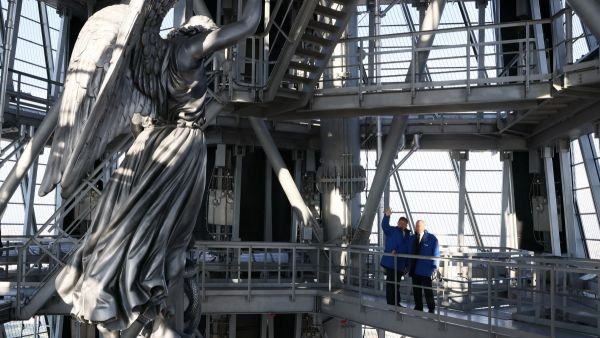ALBAWABA - Russia's state-owned natural gas corporation Gazprom Export decided that it will stop supplying Austria with natural gas on Saturday, according to Kyiv Independent citing Austria's biggest gas supply firm, OMV.
After winning a €230 million arbitration ruling against Gazprom for unmet gas deliveries, the Austrian energy company OMV announced the suspension early Saturday as a result of a financial disagreement after OMV decided to deduct the amount from its payments for current shipments.
Russia provided more than one-third of Europe's natural gas prior to the conflict in Ukraine, according to the European Commission. This flow has been substantially decreased amid sanctions, pipeline damage, and European initiatives to lessen reliance on Russian energy.
Austria, one of the most dependent countries on Russian gas, has progressively switched to gas from Germany, Italy, and the Netherlands. The Austrian government has reassured its citizens, that energy storage is more than 90% full and adequate for the winter, AP reports.
One of the last operational Russian-European transit routes is the Urengoy-Pomary-Uzhgorod pipeline, which carries gas through Ukraine to several European countries, according to Reuters.
However, it is set to shut down by the end of the year, and Ukraine has decided not to extend its agreement with Gazprom, further limiting Russian gas supplies to Europe, with only Hungary and Slovakia still receiving significant amounts.
The halt is part of a larger European move away from Russian gas as the continent is working to diversify its energy supplies since the crisis started. Liquefied natural gas imports from the US and Qatar currently account for the majority of imports, which are more expensive, but viewed as an essential step toward energy security.








